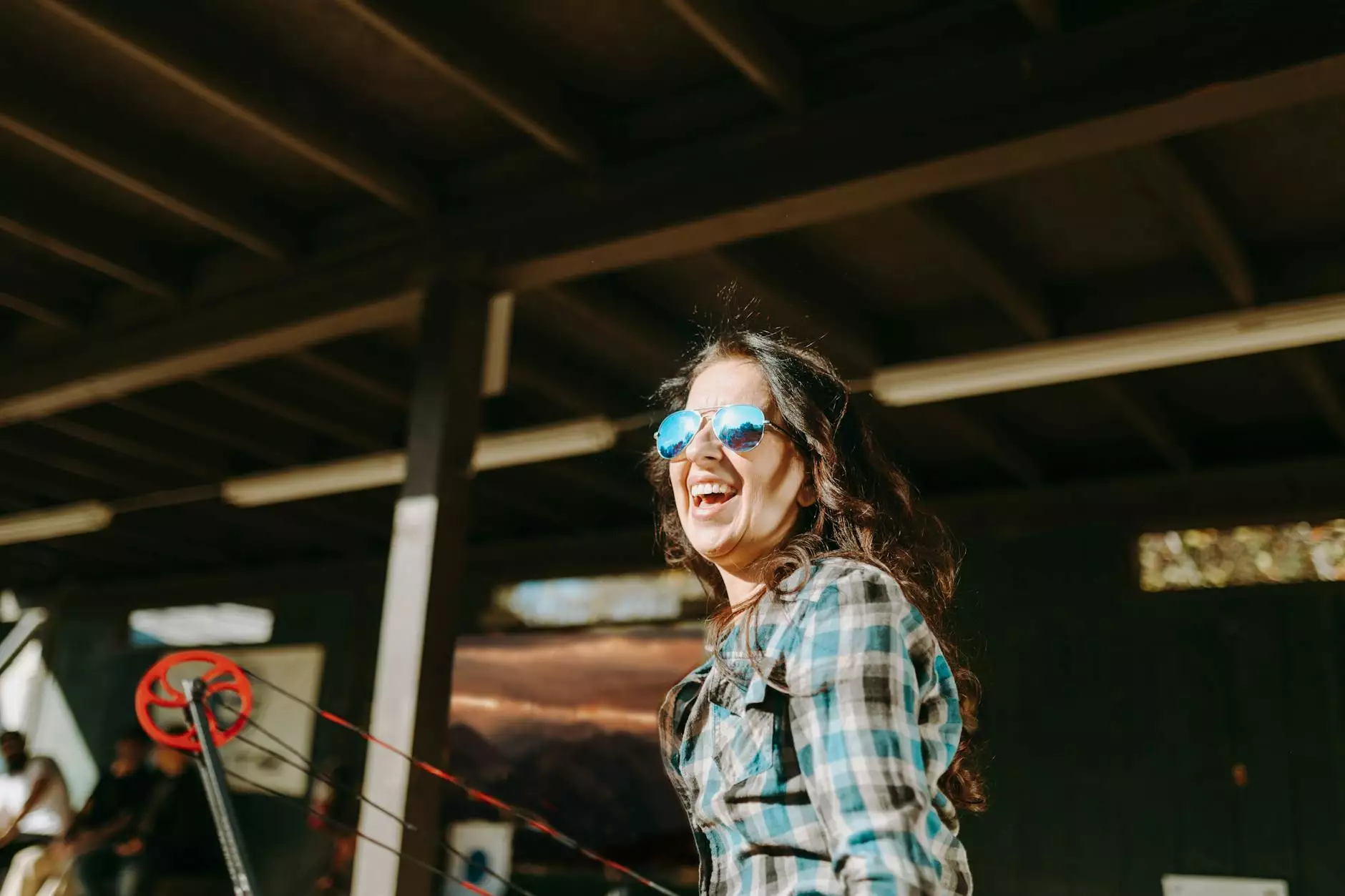Get Hunting License: A Comprehensive Guide

Hunting is not just a pastime; it's a way to connect with nature, enjoy the great outdoors, and, for many, provide food for the table. If you're interested in participating in this enriching activity, getting a hunting license is a vital step. This article will equip you with all the information you need about obtaining a hunting license, including the requirements, process, and useful tips to ensure a fulfilling hunting experience.
Why You Should Get a Hunting License
Many individuals are drawn to hunting for various reasons:
- Connection with Nature: Spending time outdoors in natural settings can be therapeutic.
- Skill Development: Hunting improves various skills such as patience, observational abilities, and marksmanship.
- Food Source: For many, hunting provides a sustainable and organic source of meat.
- Conservation Efforts: Licensing fees often contribute to conservation and wildlife management efforts.
Understanding Hunting Licenses
A hunting license is a legal document that allows you to hunt specific game species within designated areas and times. These licenses are typically regulated by state or provincial governments, and the requirements can vary significantly from one region to another.
Types of Hunting Licenses
Before you start the process to get hunting license, it's essential to understand that there are different types of licenses available:
- General Hunting License: This covers a wide range of game animals.
- Specialty Licenses: These are specific for hunting certain species, such as deer or turkey.
- Archery or Muzzleloader Licenses: Required for hunting with specific equipment.
- Non-Resident Licenses: For individuals who wish to hunt in a state where they do not reside.
The Process to Get a Hunting License
Obtaining a hunting license is generally a straightforward process, but it requires following specific steps. Below, I've detailed the general process, which can slightly vary based on your location:
1. Research Your State's Requirements
Different states have varying regulations regarding hunting licenses. It's crucial to research the rules in your state. Here are some key points to consider:
- Age requirements: Most states require hunters to be a certain age to obtain a license.
- Hunter safety courses: Many areas require completion of a hunter education course.
- Species-specific requirements: Some licenses may be needed for specific species or hunting methods.
2. Complete a Hunter Safety Course
If required by your state, completing a hunter safety course is an essential step. These courses teach the fundamentals of safe hunting practices, wildlife management, and ethical hunting.
3. Gather Necessary Documents
Typically, you will need to provide some form of identification and proof of completion of any required courses. Common documents include:
- State ID or Driver's License: Proof of your identity and residency.
- Certificate from Hunter Safety Course: Required if your state mandates completion of this class.
4. Apply for Your License
Once you have your documents ready, you can apply for your license. Most states offer multiple methods to apply:
- Online: Many states have online portals for applying and paying for your license.
- In-Person: You can visit local wildlife agency offices or authorized vendors.
- By Mail: Some states allow you to fill out a paper application and send it via mail.
5. Pay the Required Fees
Acquiring a hunting license usually involves a fee, which varies based on the type of license and your residency status. Make sure you are aware of the costs associated with your application.
6. Wait for Processing
After submission, your application will be processed. This timeframe may vary, so it's wise to apply well in advance of hunting season.
Choosing the Right License for Your Needs
When deciding which type of hunting license to apply for, consider your specific hunting goals:
- Game Type: Are you hunting big game, small game, or birds?
- Method: Will you be using a firearm or archery equipment?
- Location: Are you hunting in your home state or traveling to another state?
Additional Considerations
Aside from the standard process, there are additional aspects to consider when hunting:
Understanding Regulations
Before heading out, make sure to thoroughly read and understand the hunting regulations specific to your licensed area. These may include:
- Seasonal Dates: Know the exact dates when hunting is allowed.
- Bag Limits: Be aware of how many animals you can harvest.
- Permitted Equipment: Understand what equipment is legal for the type of hunting you are doing.
Conservation and Ethics
As a hunter, it's vital to follow ethical practices and contribute to conservation efforts. By respecting wildlife, following laws, and practicing sustainable hunting, you can help ensure that future generations can enjoy hunting as well.
Final Thoughts on Getting Your Hunting License
Acquiring a hunting license is more than just a legal step; it's your gateway into a community that values respect for nature, the thrill of the chase, and the camaraderie among fellow hunters. By knowing how to get hunting license and preparing for your journey into hunting, you're setting yourself up for an incredible experience.
The Importance of Staying Informed
Regulations and requirements can change; therefore, it's essential to stay informed and check any updates from your local wildlife authority. Knowledge is your best tool in ensuring a successful and compliant hunting season.
For more information about licenses, regulations, or purchasing documents, visit genuinedrivinglicense.com for professional guidance.



